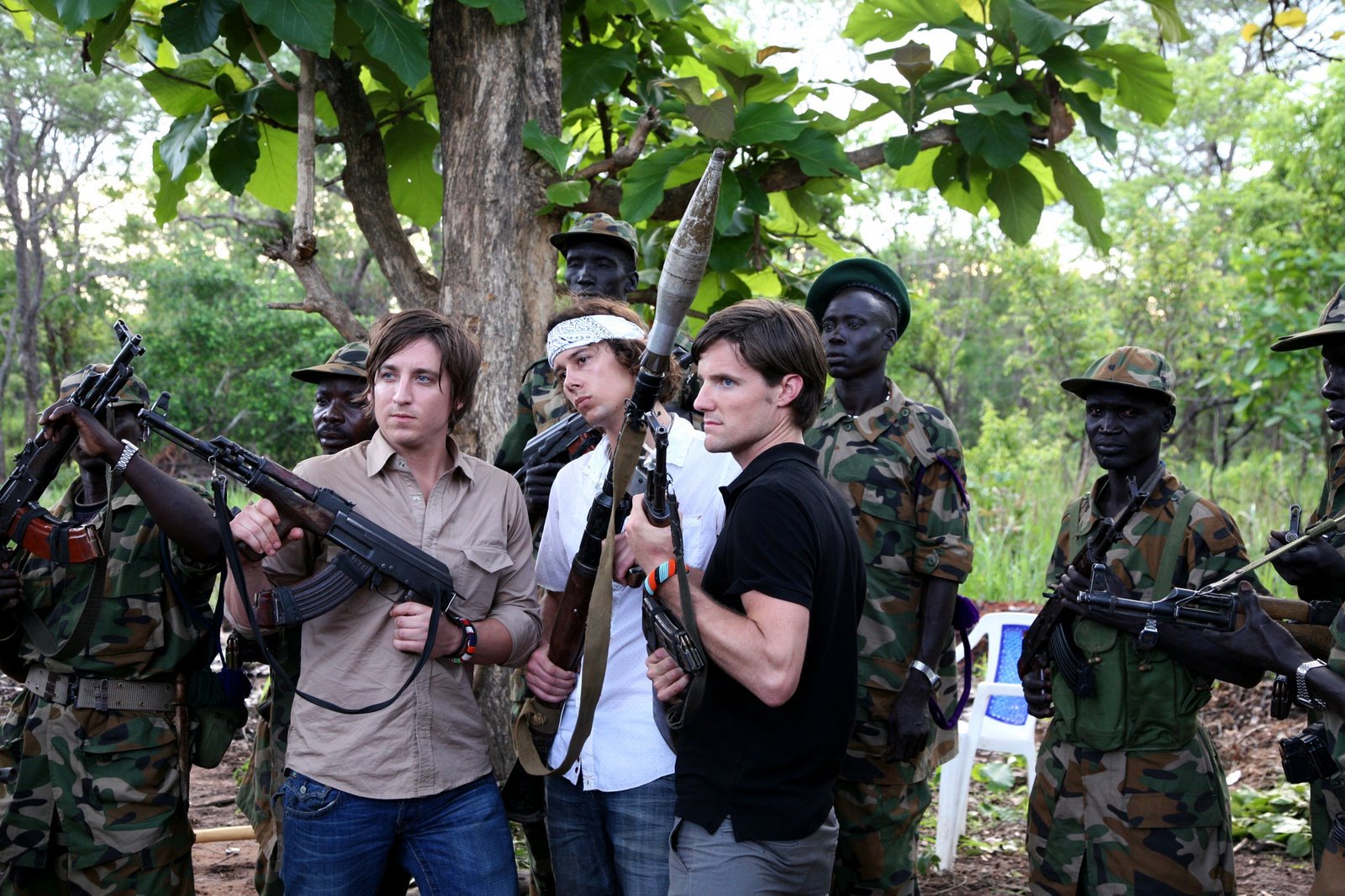Bring on the Stop Kony memes!

The Invisible Children's Stop Kony campaign that is sweeping the Internet is a good reminder to look behind the slogans, says Charles Mabbett.
The Stop Kony campaign has disturbed me and maybe not in the way that you might expect. Judging from the reaction to it on social media, it depresses me that so many Internet users seem naïve to the fact there are wars, conflicts, despotism and that – shock, horror! - many of the victims are children.I also despair at how a very successful, clever and manipulative marketing campaign by the charity responsible for it has been able to focus so much global attention on one man and one conflict against a backdrop of so many other conflicts, theatres of violence and other global issues that are equally, if not more, deserving of our awareness and attention.Without wanting to minimise or dismiss the suffering of Joseph Kony’s victims, the Internet campaign has created a whole new level of global attention about one fugitive warlord on the strength of one emotive and factually slippery video documentary by the US-based charity Invisible Children.Invisible Children has hit the sweet spot of the Internet age – the easy and spontaneous spreading of compelling content and the Internet public’s desire to feel connected and to contribute. But the impulse to help can have unintended consequences. History is littered with well-intentioned interventions that end up causing more harm than good. It would be intellectually lazy and foolish to become an adherent for a cause without looking closely at the credentials of any campaign and people behind it – particularly when it is making a case for military intervention.My other big problem with the Stop Kony campaign is that it is almost too successful. The marketing collateral is too slick, too convenient and too packaged. There is also something unnerving about the cult-like online outpourings of new believers that have embraced the mission to bring Joseph Kony to justice when days ago they would have struggled to find Uganda on a map.Helping communities that are subject to violence, protecting the natural environment and other big humanitarian or ecological themes should not be subjected to becoming the latest issue du jour. Instead they require steady and long term commitment to effect real meaningful change. One of the dangers of the Internet is that it is also home to a lot of well-meaning but impressionable people who need to beware of small groups with agendas, especially as they become increasingly sophisticated in setting trends.I have always been a believer that the most interesting phenomena on the Internet are the ones that emerge in the grass roots and surprise us all when they go viral. But the Stop Kony campaign is simply too calculated for that. The narrow agenda of one charity just does not constitute a grass roots groundswell. It feels more like manipulation.Stop Kony is also disconcertingly precedent setting. Well, that may not be strictly true. Naming and shaming is nothing new. In China, the phrase ‘human flesh search engine’ is used for crowdsourcing netizens to out the identities of individuals who have committed some egregious deed. Stop Kony’s precedence setting is in the way it has gathered an online baying mob calling screaming for intervention and justice in a matter of days. If only the Justice League of America existed in the real world and the territorial sovereignty of countries could be conveniently overlooked.Can we now look to Internet campaigns that make unlikely stars out of Bosco ‘the Terminator’ Ntaganda, formerly of the Rwandan Patriotic Army who, like Kony, is also at large and accused of war crimes and enlisting children into his army, Ahmad Mohammed Harun, Sudan’s Minister of State for Humanitarian Affairs, who is wanted for war crimes in Darfur, Ali Mohammad Ali Abd Al Rahman, the alleged leader of Sudan’s Janjaweed militia that committed untold atrocities in Darfur, and others?As a corollary to this thought, the example of Charlie Wilson who persuaded US Congress in the 1980s to arm the mujahedeen in Afghanistan against the Soviets is also pertinent. By so doing, the United States ended up arming their current enemies the Taliban.The good news is that in almost the blink of an eye, the Kony memes have begun. The counter culture has arrived. People have begun questioning, criticising and mocking the Stop Kony campaign. The Internet is again demonstrating that it is an anarchic organism that resists crass oversimplification and domination by a faddish agenda that is sweeping through its body politic.Whether the campaign is honest or not, the crossfire between the Kony Kool Aid drinkers and the sceptics is a brilliant sign that the democracy of the Internet is alive and kicking. I know where my allegiance lies. Go you good thing.

